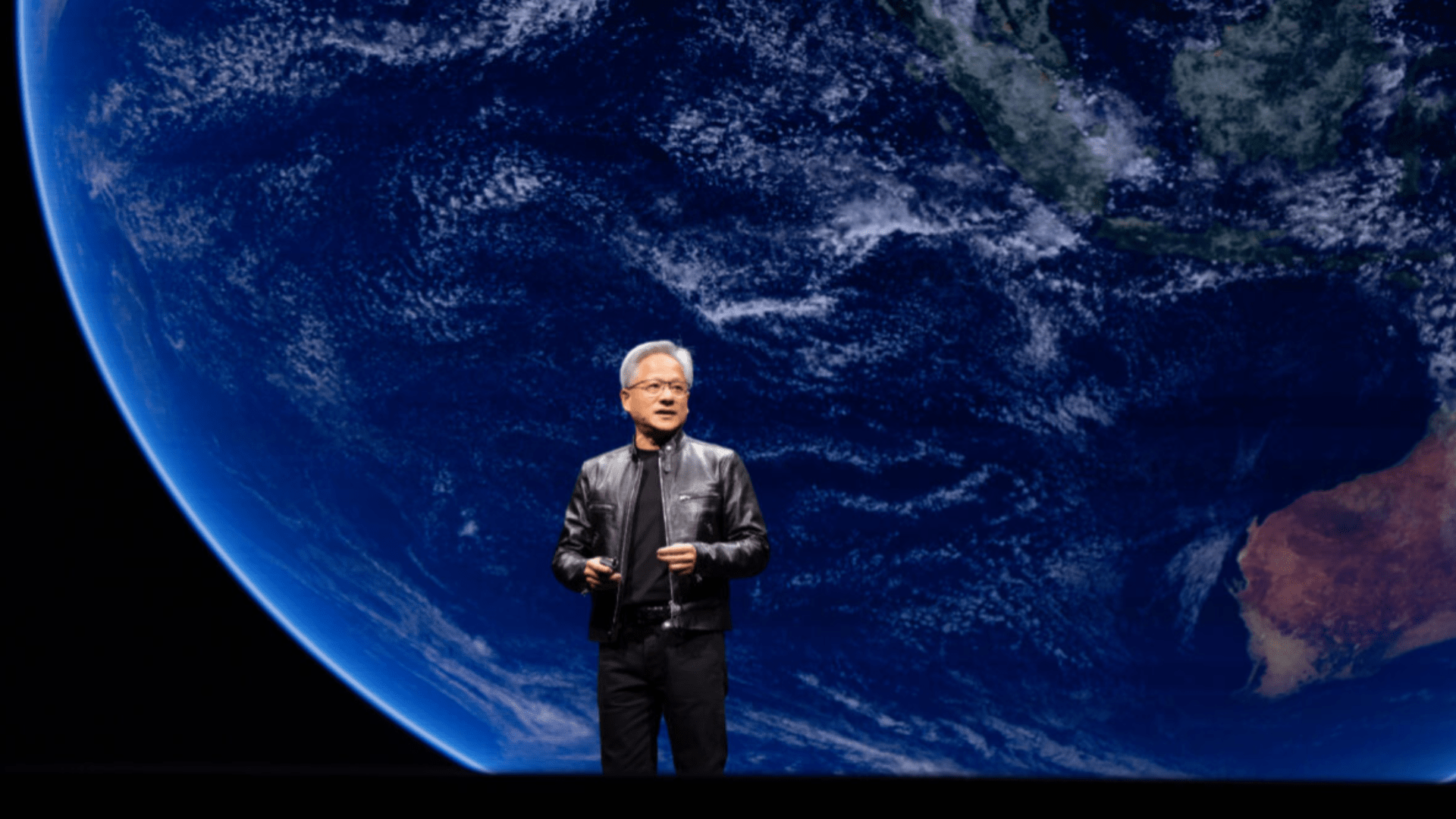Nvidia CEO Jensen Huang Faces Political Pressure Ahead of China Visit
Nvidia CEO Jensen Huang finds himself in the spotlight as he prepares for a high-profile visit to China. This visit comes amid mounting political pressure and escalating concerns from the United States regarding the potential misuse of American AI technology by the Chinese military-industrial complex. As he navigates this delicate situation, Huang has made efforts to address concerns surrounding his company’s advanced AI chips.
Clarifying the Risks: Huang’s Perspective
In light of recent tensions, Huang has publicly asserted that the Chinese military’s reliance on Nvidia’s technology is not a viable scenario. During an interview with CNN’s Fareed Zakaria, broadcast on a recent Sunday, he emphasized, “We don’t have to worry about it.” His stance rests on the belief that Chinese military institutions would avoid dependence on US-origin hardware due to the looming threat of sanctions or supply disruptions. He added, “It could be, of course, limited at any time.”
Political Scrutiny: Letters from Lawmakers
Huang’s comments arrive at a time when scrutiny from US lawmakers is intensifying. As highlighted by Reuters, Senators Jim Banks and Elizabeth Warren sent a formal letter to Huang ahead of his anticipated travel to China for the China International Supply Chain Expo. In their letter, they advised the Nvidia chief against engaging with any entities linked to the Chinese military or those blacklisted under US export controls.
The senators specifically warned against meetings with companies that use shell companies or proxies to bypass American sanctions. Notably, DeepSeek, a Chinese AI firm, has made headlines for its efforts in training large language models on limited budgets, potentially aiding China’s military and intelligence projects.
Concerns Over Dual-Use Technology
DeepSeek has been accused of leveraging intermediaries to circumvent US chip restrictions, sourcing Nvidia hardware to enhance its generative AI systems. This has raised alarms among senators regarding the dual-use potential of high-end GPUs. These powerful processors are pivotal for both everyday AI applications and military functionalities—the latter including command and control systems, battlefield automation, and advanced electronic warfare capabilities.
The Washington Fear: Unpacking the Tech Confrontation
Amid his upcoming travel to China, Huang’s perspective on Nvidia’s technology is critical. The A100 and H100 chips—Nvidia’s flagship products—serve as the backbone for large-scale AI initiatives worldwide. However, their application in military contexts has positioned them at the center of the ongoing US-China tech confrontation.
Nvidia recognizes the geopolitical stakes involved, expressing commitment to ensuring that American technology continues to set the global standard. A spokesperson recently asserted, “AI software should run best on the U.S. technology stack, encouraging nations worldwide to choose America.” Yet, this assertion increasingly faces challenges as Chinese companies accelerate their efforts to develop indigenous hardware and software alternatives.
Industry Implications and Huang’s Advocacy
Huang’s advocacy for a more flexible approach to AI chip export controls adds another layer of complexity. At the Computex trade show in Taipei earlier this year, he supported former President Donald Trump’s easing of certain restrictions, warning that stringent controls could cost Nvidia a staggering $15 billion in revenues. In a recent meeting with Trump in Washington, Huang pushed for a more lenient policy, although the administration has yet to announce any public concessions regarding these controls.
The TSMC Connection: A Complicated Landscape
Nvidia’s reliance on Taiwan Semiconductor Manufacturing Company (TSMC) further complicates the landscape of chip fabrication. While TSMC is constructing new facilities within the US, its most advanced manufacturing remains firmly situated in Taiwan. This reality exposes the entire US AI stack to vulnerabilities associated with geopolitical tensions in the Taiwan Strait.
As Jensen Huang readies himself to meet with officials from the Chinese Commerce Ministry in Beijing, he is stepping into a landscape fraught with potential repercussions for both Nvidia and the broader tech industry.


